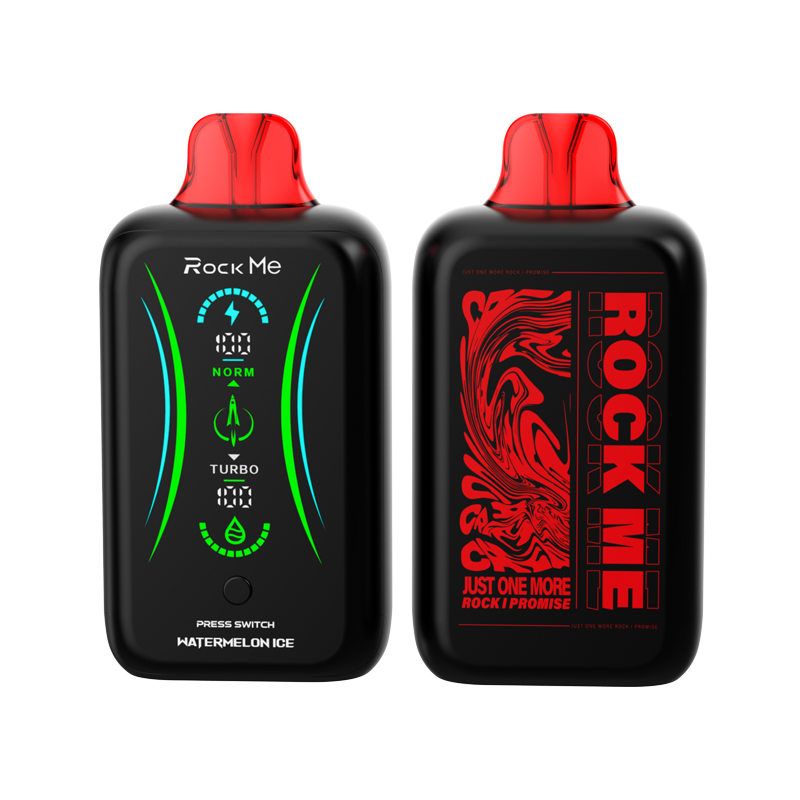Synthetic nicotine is an artificial version of nicotine produced in a laboratory rather than from tobacco plants, rather than through traditional extraction processes. Synthetic nicotine production uses chemical processes and nicotine salts or compounds similar to naturally occurring nicotine to replicate its effects and properties.
Key Characteristics of Synthetic Nicotine:
Manufacturing Process
Synthetic nicotine is produced in a laboratory through chemical synthesis of nicotine molecules, eliminating the need for tobacco plants for its production and providing manufacturers with greater control over purity and quality of nicotine products produced.
Purity and Consistency
Synthetic nicotine produced under controlled environments is often produced at an exceptionally high purity level, providing reliable consistency from batch to batch for electronic cigarette and vape manufacturers.
Use of Synthetic Nicotine in Vaping Products
Synthetic nicotine has become an increasingly popular component in vaping products, with many brands shifting away from using natural nicotine in favor of synthetic nicotine for its smoother taste and more controlled vaping experience.
Legal Considerations
One of the major benefits of synthetic nicotine is that it allows producers to sidestep certain regulations that apply to tobacco-derived nicotine. Some regions are highly regulated for tobacco products; synthetic nicotine could provide manufacturers with an easy way around these rules and become an avenue of profit for manufacturers.
Health Effects
Nicotine can be highly addictive even when produced synthetically and poses similar health risks, including addiction, increased heart rate and detrimental impacts on brain development in younger individuals.
Synthetic Nicotine Benefits: Producing Nicotine Products Without Relying on Plants: Synthetic nicotine allows manufacturers to make nicotine products without using tobacco plants as sources, providing consumers with alternatives who may seek healthier solutions.
Control Over Composition: Synthetic nicotine can be produced at higher purity levels, which some users find more appealing.
Synthetic Nicotine Can Have Fewer Regulatory Restrictions: Synthetic nicotine may not be subject to as stringent regulations as tobacco-derived nicotine, providing greater marketing and sales flexibility. Disadvantages: However, synthetic nicotine also carries potential risks that must be carefully managed.
Addiction and Health Risks: Similar to natural nicotine, synthetic nicotine can be highly addictive and poses similar health risks.
Regulatory Uncertainty: With synthetic nicotine use increasing rapidly, governments could introduce regulations to limit its use – leading to potential legal challenges from manufacturers.
Overall, synthetic nicotine provides manufacturers with an alternative to nicotine derived from tobacco, offering potentially more controlled and flexible manufacturing solutions. As its use becomes more widespread, however, its impact on health will become clearer over time.





